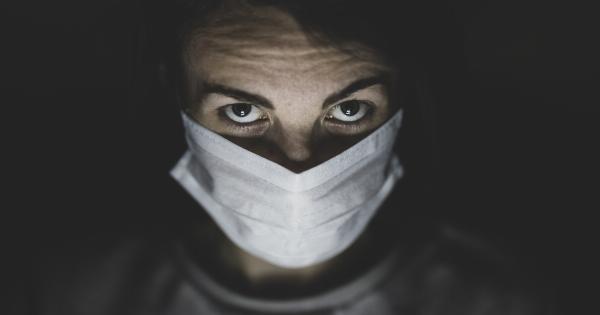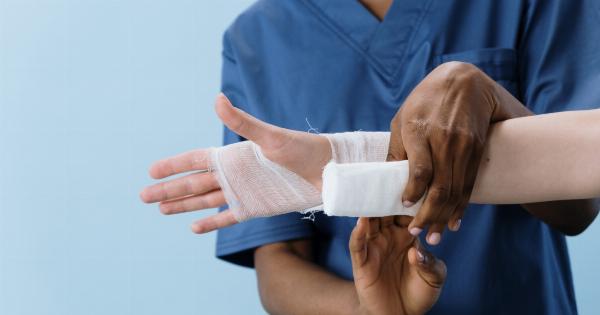Sexual encounters, whether with a partner or a one-night stand, can put one’s health at risk for sexually transmitted diseases (STDs).
If you have unprotected sex or if the condom breaks, it is imperative to take precautionary measures to reduce the risk of contracting STDs. One such measure is taking the After-Sex pill, also known as Post-exposure prophylaxis (PEP).
What is the After-Sex Pill?
The After-Sex pill or PEP is a medication taken after unprotected sex or a condom failure. It is designed to reduce the risk of HIV infection by up to 90% if taken within 72 hours after exposure to the virus.
How Does it Work?
The After-Sex pill contains antiretroviral medications that prevent the virus from multiplying in the body. These medications must be taken for 28 to 30 days to be effective, and they should be started as soon as possible after the exposure.
Furthermore, the After-Sex pill is not a cure for HIV, and it does not offer long-term protection.
Who is Eligible to Take the After-Sex Pill?
The After-Sex pill is not for everyone. It is only recommended for people who have engaged in unprotected sex or had a condom failure.
It is also recommended for individuals who have been exposed to HIV through needle sharing, blood transfusions, or sexual assault.
Side Effects of the After-Sex Pill
The After-Sex pill is associated with several side effects, ranging from mild to severe. Common side effects include nausea, headaches, diarrhea, fatigue, and abdominal pain.
In some cases, the side effects may be more severe and require medical attention.
How to Get the After-Sex Pill
The After-Sex pill is available by prescription only. If you suspect that you have been exposed to HIV, you should contact a healthcare provider immediately.
It is also crucial to mention your concerns about STDs to your provider, who can offer additional testing and treatment options.
Prevention is Always Better than Cure
The After-Sex pill is an excellent option for reducing the risk of HIV infection after potential exposure. However, it is not a substitute for safe sex practices and regular STD screenings.
It is essential to use protection during sexual encounters, get tested regularly, and communicate with your partner about STDs to keep yourself and others healthy.
Conclusion
The After-Sex pill is an effective way to reduce your risk of contracting HIV after potential exposure. However, it is not a foolproof method and does not offer long-term protection.
Safe sex practices, regular STD screenings, and open communication with your partner are the best ways to keep yourself and others healthy.






























